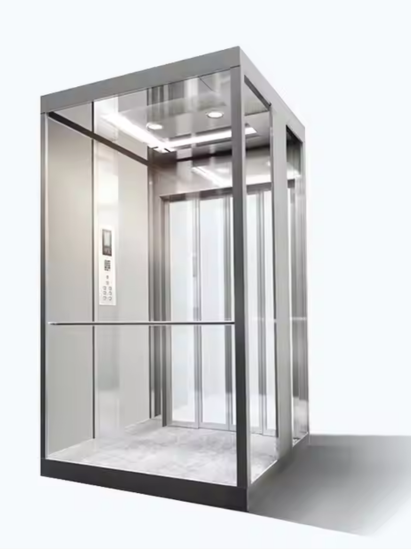In Stock
Elevator Dimensions Price Quote
Elevator dimensions vary based on their purpose, with residential models being compact and commercial or freight elevators offering larger capacities. Standard sizes range from small passenger lifts to spacious freight elevators. Pricing depends on size, technology, installation, and maintenance needs, with custom features influencing overall costs. Accurate quotes require site assessments.
Elevator Dimensions and Price Quote
Elevators are an essential part of modern buildings, providing convenience, accessibility, and efficiency in vertical transportation. Whether for residential, commercial, or industrial use, the dimensions of an elevator play a crucial role in determining its functionality and suitability for a building. Alongside size considerations, pricing varies depending on the type, capacity, technology, and additional features included in the elevator system.
Standard Elevator Dimensions
The size of an elevator depends on its intended use and capacity. Residential elevators are typically smaller and designed to fit within a home while maintaining efficiency and comfort. A standard home elevator usually measures around 3 feet by 4 feet or 4 feet by 5 feet, with a cabin height of approximately 7 to 9 feet. These elevators can accommodate two to four passengers and have weight capacities ranging from 300 to 1,000 kilograms, depending on the model.
For commercial buildings such as offices, hotels, and shopping malls, elevators are designed to handle more passengers. Standard commercial elevators measure 6 feet by 8 feet or larger, with the capacity to carry 1,000 to 2,500 kilograms. These elevators feature wider doors, usually 3 to 4 feet in width, to facilitate easy entry and exit. In high-rise buildings, elevators may be even larger to accommodate more passengers and ensure efficient movement within the structure.
Freight elevators, which are used for transporting heavy loads, have much larger dimensions. These elevators can measure 8 feet by 12 feet or more, with weight capacities exceeding 5,000 kilograms. They are commonly found in warehouses, factories, and hospitals where bulky equipment or goods need to be transported between floors.
Factors Affecting Elevator Pricing
The cost of an elevator varies depending on multiple factors, including its size, technology, materials, and installation requirements. Basic residential elevators tend to be more affordable than commercial and high-speed elevators used in skyscrapers. Additionally, customized features such as luxury cabin designs, touchscreen panels, and smart control systems can significantly impact the price.
One of the primary cost determinants is the elevator type. Traditional hydraulic elevators, which use a piston mechanism for movement, are typically more affordable but require additional space for a machine room. On the other hand, traction elevators, including machine-room-less (MRL) models, are more expensive due to their advanced technology, but they save space and energy in the long run. Smart elevators, which include destination dispatch systems and touchless controls, also come at a premium price due to their enhanced efficiency and security features.
Installation and Maintenance Costs
Beyond the initial purchase, installation costs depend on factors such as the number of floors, the complexity of the project, and whether a building already has a dedicated elevator shaft. Constructing a new shaft increases expenses while retrofitting an existing one can reduce costs. For high-rise buildings, the need for advanced control systems and high-speed motors can further impact the price.
Maintenance is another crucial aspect influencing the long-term cost of owning an elevator. Regular servicing, safety inspections, and repairs are necessary to ensure smooth operation and compliance with safety regulations. Maintenance contracts vary based on elevator type and usage frequency, with high-traffic elevators requiring more frequent servicing.
Getting a Price Quote for an Elevator
To obtain an accurate price quote for an elevator, factors such as building specifications, passenger load, travel distance, and additional features must be considered. Most elevator manufacturers and suppliers conduct site assessments to provide customized pricing based on the client’s requirements. Developers and homeowners looking for elevator installations should consult professionals to get a detailed cost estimate tailored to their specific needs.






Reviews
There are no reviews yet.